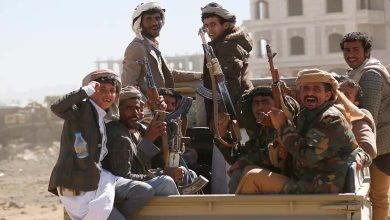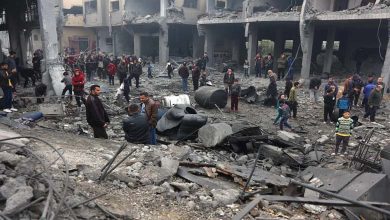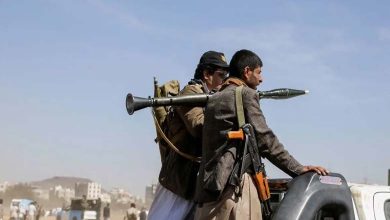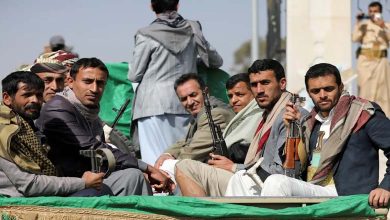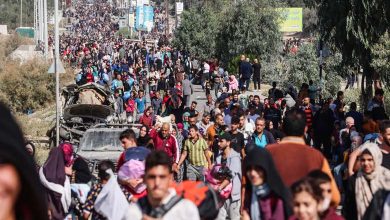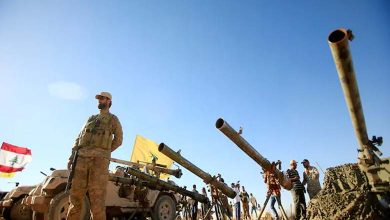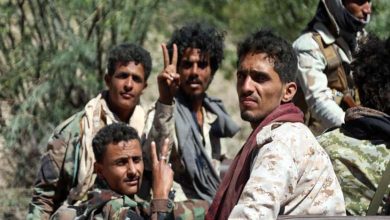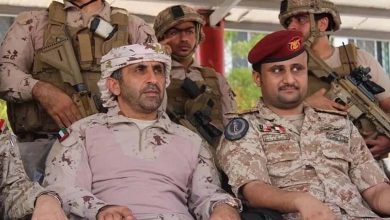Popular optimism in Yemen. Will the UN succeed in extending the truce?
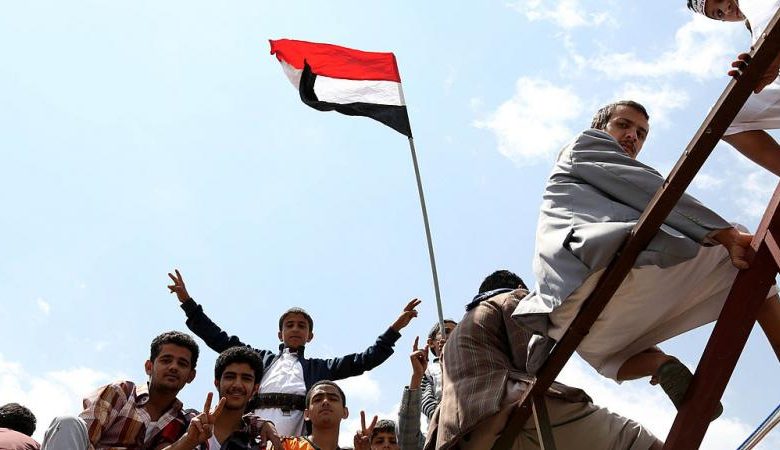
Yemen’s warring factions have expressed guarded optimism that ongoing diplomatic efforts by regional and international mediators will lead to renewed UN-brokered ceasefires, or a more lasting peace agreement to end the conflict.
The Iranian-backed Houthis and the internationally recognized Yemeni government hope that ongoing shuttle diplomacy by UN envoy Hans Grundberg and Omani mediators will resolve the thorny issues that have at least prevented a renewal of the truce. This includes salaries for public servants in Houthi-controlled areas and the opening of roads in the besieged city of Taiz and other governorates.
“We are waiting for the envoy who will convey the Houthi position,” a Yemeni government official who preferred anonymity. “There are signs of progress since the group submitted its final proposal to prolong the truce and expand its conditions.”
Houthi leaders in Sana’a, who met with Omani mediators before leaving the Yemeni capital, expressed similar hope for a settlement.
Mehdi al-Machat, head of the Houthis’ Supreme Political Council, said Monday that Omanis have “positive” proposals on salaries for public officials in areas under their control, the full operation of Sanaa airport and Hodeida port, and the exchange of money and prisoners.
Salary crisis and road openings in Taiz
The payment of salaries to public officials in Houthi-controlled areas and the opening of roads in Taiz are two contentious issues that contributed to the collapse in October of a UN-brokered truce that threatened to reignite violent war across the country.
Houthi conditions for truce extension
The Houthis said they would not extend the truce or reopen highways in Taiz unless the Yemeni government paid public sector employees across the country using revenue from oil and gas sales and eased purported restrictions on Sana airport and the port of Hodeida.
Contrary to Houthi demands, the government indicated it would only pay state employees on Houthi territory based on revised 2014 payrolls that did not include Houthi fighters and Houthi sympathizers added to the payroll.
The official said the Yemeni government might make further concessions to promote peace and ease the plight of Taiz’s residents by offering public sector workers salaries in Houthi-controlled territory, with Saudi Arabia covering any shortfall.
“Yes, our Saudi brothers may cover any deficit in exchange for extending the truce, and the government did not face any problems in paying wages based on 2014 data,” a Yemeni official said.
UN optimism
In a briefing to the United Nations Security Council on Monday, U.N. envoy Hans Grundberg expressed optimism that diplomatic efforts would lead to a major change in the direction of civil war; “We are currently witnessing an intensification of regional and international diplomatic activity to resolve the conflict in Yemen, and I would like to reiterate my appreciation for the efforts of Saudi Arabia and Oman in this regard,” he said.
“We are witnessing a potential change in the course of this eight-year conflict.”
Marib Press editor Mohammed al-Salhi warned against any peace deal that would legitimize wresting Houthi military power and provide them with more money, given the militia’s long history of violating deals, calling for the militias to disarm and turn them into a political entity: “Houthi must participate in politics by forming a political party.”


